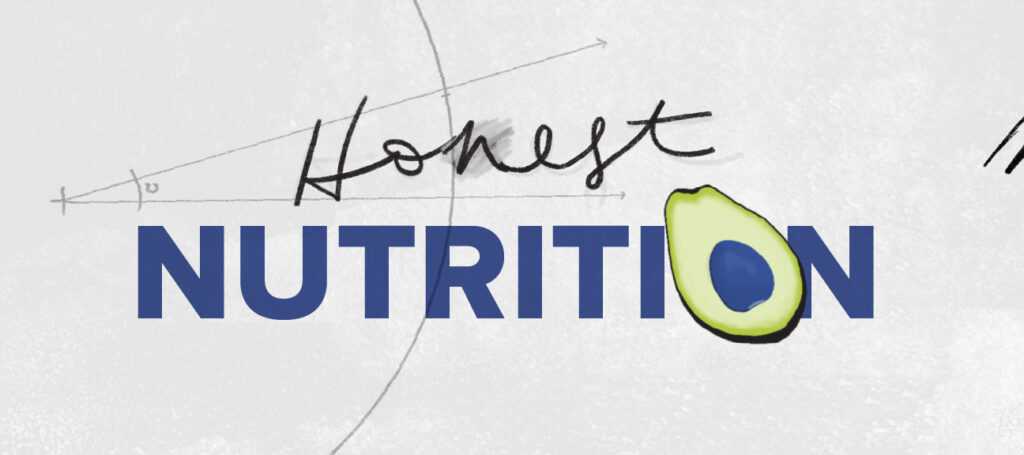'Superfoods:' Fad or simple fact?
09 March, 2021

Most of us have heard of “superfoods,” foods as a result highly nutritious that they might seem almost miraculous. Yet what's truth and what fiction in terms of these food types? In this Honest Nourishment feature, we investigate.
Many of us might have been tempted to purchase a particular food due to its designation as a superfood.
Countless products, including selected fruits, vegetables, spices, greens powders, and protein bars, carry this label.
But what does superfood basically mean, and do they are present?
In this Honest Nourishment feature, we examine these questions and distinct the truth from the hype about the foods that may supposedly change our lives.
What are superfoods?
Currently, there is absolutely no set scientific definition for what counts as a superfood. In most cases, the word describes foods abundant with nutrients and recognized to offer significant health advantages.
Superfood products are actually ubiquitous in the wellness community. For instance, typing superfood right into a well-referred to e-commerce internet search engine offers webpage after page of products branded as superfoods, including coffee creamers, green tea extract powders, dried fruits, and supplements, a few of which happen to be prohibitively expensive.
Companies help to make millions on labeling these products seeing as superfoods - the global superfoods marketplace size was estimated in $137 billion in 2018 - but do they really surpass the hype?
Many health authorities are wary of the word superfood and for good reason. There is absolutely no set classification of the word no regulations surrounding the application of the word on packaging labels.
Because of this, there is absolutely no guarantee that a product with the superfood label gives any special health advantages or contains certain nutrients.
Consumers may often feel that items with superfood on the label are healthier than other goods, which isn’t necessarily true. This may lead to consumers investing in expensive items marketed as healthful, such as superfood powders, protein bars, and supplements, if they could be obtaining more benefits at less price by purchasing whole foods such as for example fruits and vegetables.
What’s more, various superfood products comprise proprietary blends of fruit and veggie powders and don’t disclose just how much of each ingredient - or the quantity of vitamins, minerals, and antioxidants - a serving consists of.
EUROPE have even banned the consumption of this term on labels unless accompanied by explicit detailing of the product’s nutritional content.
Some nutritionists have expressed worries that the label superfood may make certain meals items seem as though they have almost miraculous results on health.
For example, within an interview for The Observer in 2007, Catherine Collins - after that chief dietician at St George’s Hospital in London, now intensive health care unit dietitian at the Surrey and Sussex Healthcare NHS Rely upon the United Kingdom - expressed this worry in no uncertain terms.
“The term superfoods reaches best meaningless and at worst harmful,” she warned, saying that lots of people have “wrong ideas” about foods commonly called such.
“Not only is there no scientific description of a superfood, however the concept itself could be harmful. [Furthermore,] [n]ominating some food as nutritional talismans gives the impression that ordinary, cost-effective, and everyday food are somehow deficient.”
- Catherine Collins
Popular superfoods
Many foods are believed superfoods because of their beneficial effects about health and disease prevention.
Most of these are actually plant-based, however, many animal-based food, such as salmon, have also been given the title.
Nutritionists sometimes label the next foods as superfoods, even while they acknowledge there is absolutely no accepted explanation for the word:
blueberries
kale
goji berries
chia seeds
maca
spirulina
citrus fruits
acai berries
cocoa
ginger
garlic
flaxseeds
chia seeds
chili peppers
pomegranate
wheatgrass
turmeric
green tea
salmon
avocado
cruciferous vegetables
beets
Even so, this list is by no means exhaustive, and right now there are many other foods that people often make reference to as superfoods.
Source: www.medicalnewstoday.com
TAG(s):
